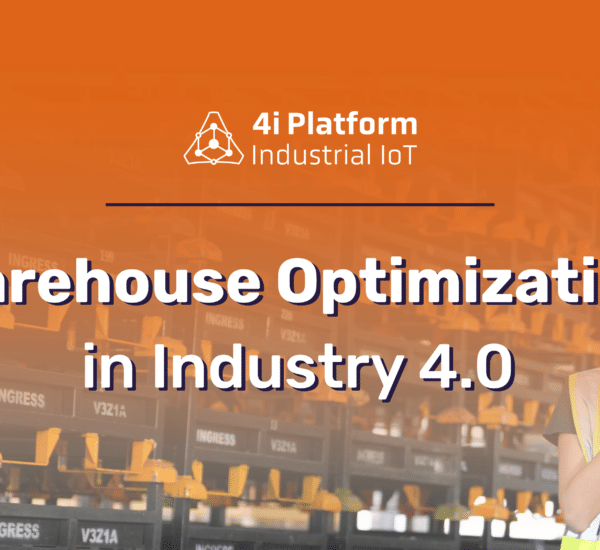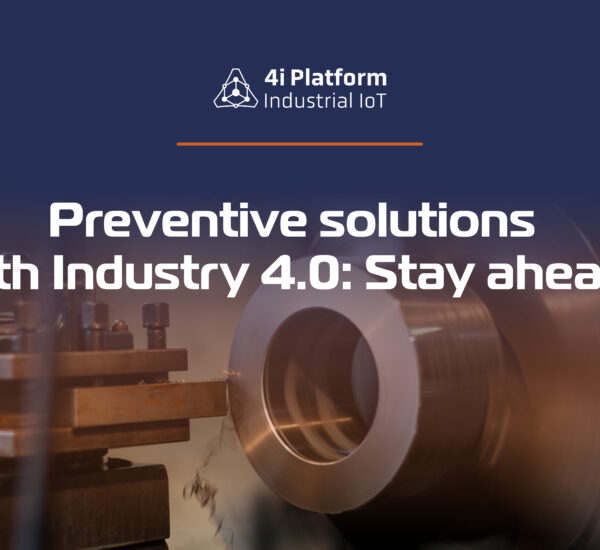For manufacturers, the promise of the internet of things (IoT) is tremendous. Mixing factory machines and other gear together with the digital realm can enable them to collect more data, analyze information faster and make better, data-driven business choices. Industrial IoT technology can help your business get ahead of the competition.
But only if they get it right
For assistance, a handful of manufacturers are turning to Industry 4.0 as the conceptual basis for creating the smart factory and supply chain of the future.
But how can manufacturers successfully implement Industrial IoT and Business 4.0 and create real business value? One essential success factor is a focus on business benefits.
Business benefit focus
This way of thinking represents a 180-degree shift from earlier discussions about IIoT that were focused on what the technology could do. Now is the time for the conversation to shift to the way Industrial IoT can drive the business. Here are six areas where business benefits can be created:
Business-model innovation: Smart data collected by factory machines armed with IIoT sensors can support decision making and automatically activate actions – and this can be monetized. For example, an organization that services assets can offer predictive maintenance as an additional paid service.
Customer/user experience: Industrial IoT can help make goods and services more attractive to both customers and internal customers. For example, it can be easier for warehouse staff to find sensor-instrumented parts using indoor navigation. Similarly, smart products can determine when their service because dates are coming up or when they need maintenance checks, potentially preventing breakdowns. And data generated by smart goods after the sale can be utilised to improve service.
Operational excellence: Sensors and actuators can track manufacturing processes and products, enabling real-time control of the production system. In supply chain operations, sensors and IIoT devices can track and trace products on their way from the factory to customers globally.
Environmental stewardship: Manufacturers are presently being measured for corporate social responsibility, making the environmental impact of production processes and products a new area for value creation. IIoT can also help track the environment, activate alerts and even shut down a hazardous operation.
Compliance: A variety of manual inspections can be automated with Industrial IoT technology. For fixed assets in a factory, this might involve sending out autonomous vehicles equipped with sensors, cameras and microphones. In larger facilities, outside areas can be inspected by drones.





